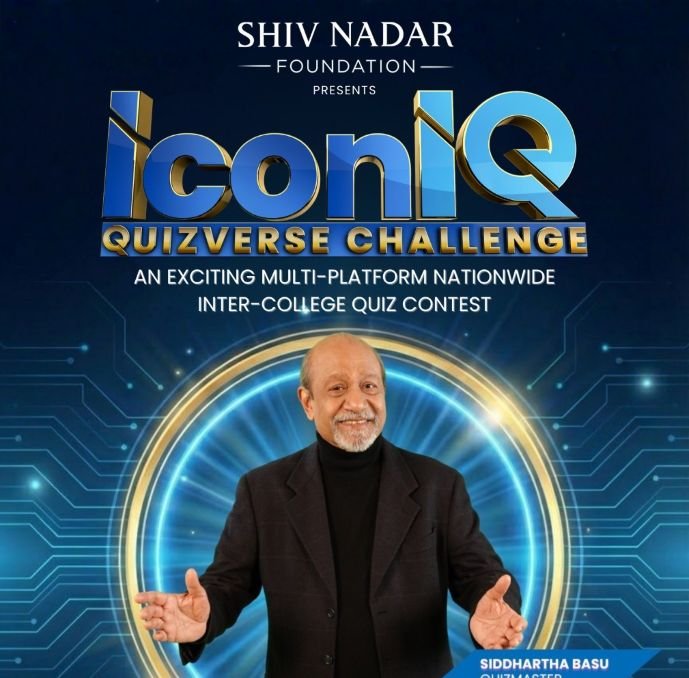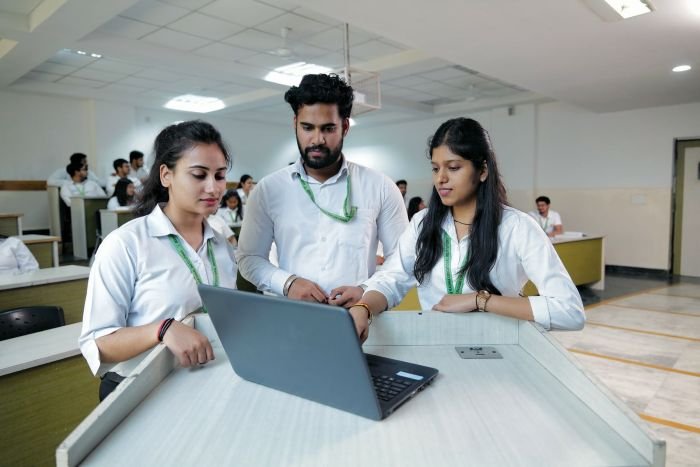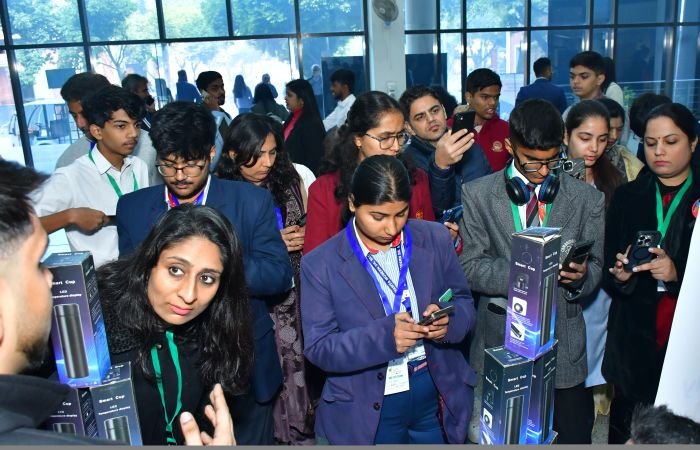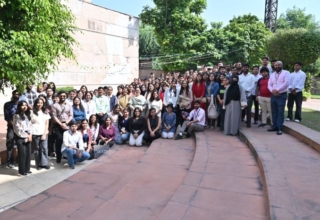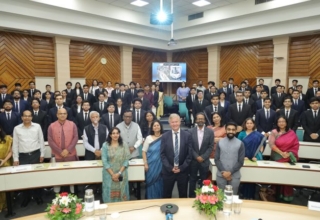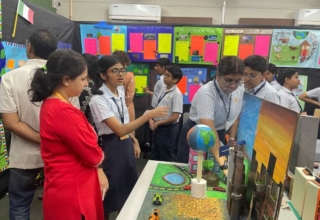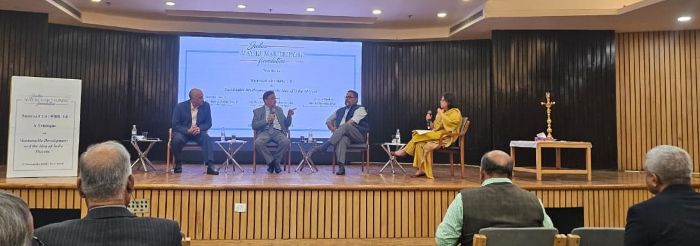
The fourth edition of the Justice Ajay Kumar Tripathi Foundation’s annual flagship dialogue event (Samvaad 2.0), held recently in New Delhi, reinforced the importance of placing constitutional values at the centre of India’s developmental journey and underscored the need for thoughtful, inclusive, and sustainable approaches to governance. Samvaad 2.0 convened eminent jurists and legal thinkers to deliberate on the theme “Sustainable Development and the Idea of India therein.” The discussion continues the Foundation’s series of conversations exploring India’s evolving constitutional identity, institutional roles, and democratic commitments.
Grounded in India’s expanding environmental jurisprudence, the dialogue examined how constitutional principles, intergenerational equity, and ecological stewardship are shaping the country’s development narrative. With the nation at a critical developmental crossroads 75 years after the Constitution came into force, the panel reflected on the embedding of sustainable development within India’s constitutional fabric and the role of law and governance in upholding this vision.
Speaking at the event, Justice Abhay Shreeniwas Oka, Judge (Retd.), Supreme Court of India,remarked,“Sustainable development must flow from the Constitution’s idea of India—one that balances environmental protection with social justice. Planting a tree is like saving a life, and both citizens and the State share a duty to safeguard our forests, rivers, and air. At the same time, true development means ensuring affordable housing, healthcare, and education for all, not just building bigger roads and infrastructure. If we keep the Constitution’s values at the centre, sustainable development becomes both a moral duty and a national responsibility.”
Justice Najmi Waziri, Judge (Retd.), High Court of Delhi referring to Delhi’s pollution stated: “Any law is only as valuable as its real-world impact. Courts can pass progressive orders, but implementation often stalls because too many agencies are involved. What truly works is citizen action. We saw this in Delhi – people were eager to plant trees on their own. A retired soldier who was asked to plant 100 trees came back wanting to plant 500. Funds and institutions alone cannot drive environmental change. If we want results, it has to become a citizen-led movement, with each of us doing the least we can, even if it is simply watering the plants around us.”
K Parameshwar, Senior Supreme Court Advocate emphasized that sustainable development is not an abstract policy idea but a constitutional commitment that sits most naturally within Part IV of our Constitution. “While courts have located environmental protections in Part III, this rights-based approach has often come at the cost of broader democratic participation, transparency, and institutional capacity. Much of our environmental governance today rests on delegated legislation and court-driven decision-making, leaving Parliament and citizens with limited roles. If we truly want sustainable development to serve present and future generations, we must strengthen our institutions and anchor environmental justice within the Directive Principles, where it can be both democratized and made more accountable.”


